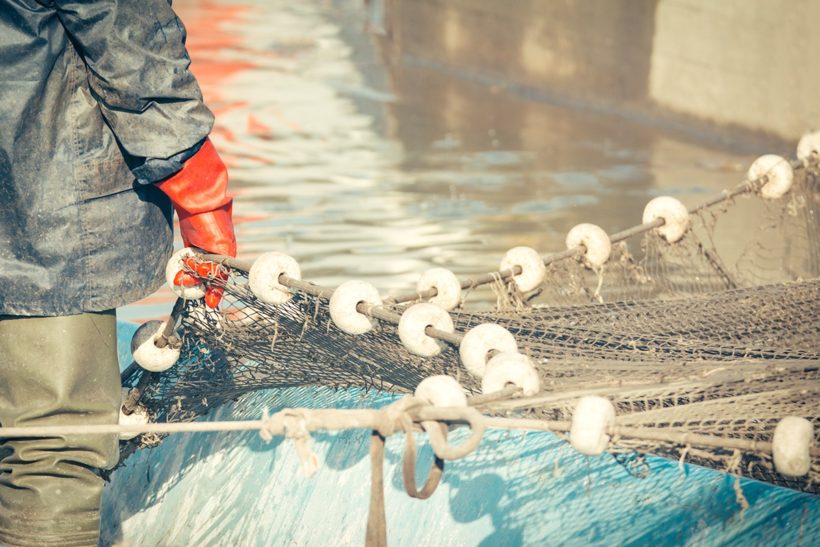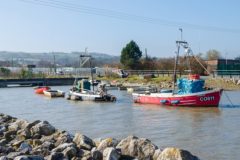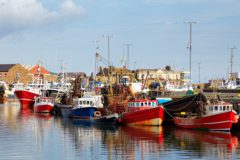Defra has asked Fishing News to point out that EU fishermen will not be able to catch increased 2022 bass allowances ‘immediately’, while UK fishermen cannot catch the extra fish until the summer.
This is in response to an article based on a letter from the NFFO to fisheries minister Victoria Prentis (Fishing News, 3 February, ‘Brexit bonus? EU increases bass limits while UK delays’).
The letter complained that UK fishermen would not be able to fish against extra bass catch limits that were agreed at the UK-EU talks on 2022 fishing opportunities, because of the necessary UK legal process. Meanwhile, EU fishermen would be able to catch the extra bass ‘immediately’.
Defra points out that a closed season that has been in place since 2015 currently applies to bass fishing from 1 February until 31 March, when neither UK or EU vessels are legally allowed to fish for bass. This means the earliest date that EU vessels can begin fishing against the new limits is 1 April.
Also, as the new measures relate to increases to annual bass catch allowances, ‘vessels are unlikely to be utilising the new limits until the latter part of the year’, said Defra.
It confirmed that a statutory instrument (SI) must be laid prior to implementation of any measures agreed in annual negotiations, which are underpinned by legislation. This applies in relation to bass management measures.
Defra said it is working ‘at pace’ to lay this SI, and expects it to come into effect ‘in the coming months’.
The NFFO also said that the bass delay raised a wider issue of possible delays to other fisheries legislation being legally implemented after the conclusion of negotiations. In response, Defra acknowledged that ‘work is needed to identify a way in which to speed up implementing negotiation outcomes now that we operate as an independent coastal state’.
NFFO chief executive Barrie Deas raised these issues in a letter to Victoria Prentis dated 21 January, in which he said: “We would be grateful if you could take every step available to you to fast-forward the legal process. It does not bode well for the future if every adjustment to the UK rules is stalled, whilst European vessels operating on our doorstep enjoy a significant advantage.”
Defra acknowledged that the minister had received his letter and would respond ‘in due course’.
Commenting on Defra’s clarification, Barrie Deas said the current issue was over the financial impact of the delay on bass fishermen, but the bigger point was to stress the need for the UK legal process to be speeded up. The CFP had been ‘slow and cumbersome’, but at least fishermen knew the limits they would be fishing against from 1 January in the coming year.
“We are an independent coastal state, and we need a mechanism to allow us to implement immediately, for better or worse, decisions that come out of the annual negotiations,” he said.
“We were promised an agile system to replace the CFP, and this doesn’t look like an agile system.
“We accept there are teething troubles, but they need to be resolved quickly. We need the legal mechanisms to allow us to implement immediately what comes out of the negotiations – we need the statutory process to catch up with the political process.”
This story was taken from the latest issue of Fishing News. For more up-to-date and in-depth reports on the UK and Irish commercial fishing sector, subscribe to Fishing News here or buy the latest single issue for just £3.30 here.






